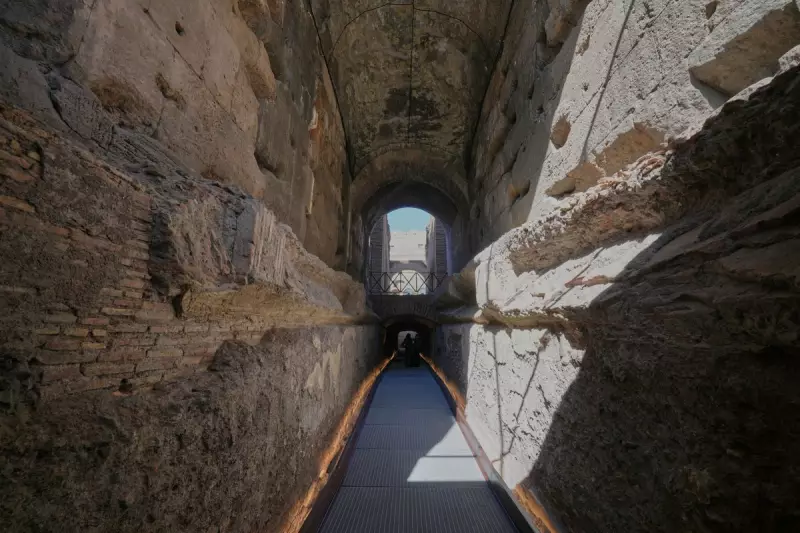
Beneath the iconic arches of Rome's Colosseum, archaeologists have made a stunning discovery that transports us back to the extravagant world of imperial Rome. A recently completed restoration project has revealed what experts believe was Emperor Commodus's private chamber, offering unprecedented insight into how Roman elites experienced the arena's brutal spectacles.
The Emperor's Private Box
The lavishly decorated space, located in a previously inaccessible area of the ancient amphitheatre, would have served as Commodus's personal viewing and preparation area. Historical records suggest the controversial emperor didn't just watch the games from afar—he actively participated in them, and this chamber likely served as his backstage area before entering the arena himself.
A Gladiator Emperor's Playground
Commodus, who ruled from 177-192 AD, was famously obsessed with gladiatorial combat. Unlike his predecessors who maintained imperial dignity, he regularly fought in the arena, much to the horror of Rome's senatorial class. The newly revealed chamber provides physical evidence of this extraordinary behaviour, showing how the emperor blurred the lines between ruler and entertainer.
What the Restoration Revealed
The painstaking restoration work uncovered:
- Intricate marble decorations that would have shimmered in the Roman sun
- Sophisticated hydraulic systems for special effects
- Private access routes to the arena floor
- Evidence of luxurious furnishings fit for an emperor
Beyond the Hollywood Myth
While Joaquin Phoenix's portrayal in Gladiator captured the emperor's eccentricities, the real Commodus was even more fascinated with the games. The discovery confirms historical accounts that describe his extensive involvement in arena events, where he would fight both wild animals and human opponents, always ensuring his own victory was guaranteed.
A New Chapter in Colosseum History
This revelation comes as part of a larger restoration project that has transformed our understanding of how the Colosseum operated. The identification of Commodus's chamber adds another layer to the complex social hierarchy that governed every aspect of Roman public entertainment, from emperor to slave.
The discovery not only illuminates the life of one of Rome's most notorious rulers but also demonstrates how archaeological research continues to reshape our understanding of ancient monuments we thought we knew completely.





